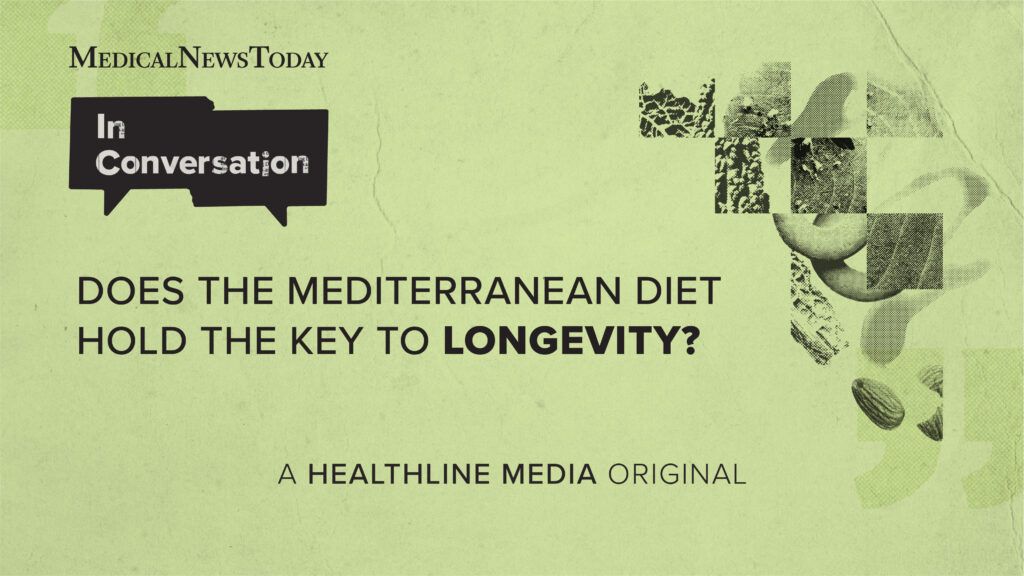Understanding Protein: Myths, Needs, and the Best Sources for Optimal Health

Learn the facts about dietary protein, including how much you need, the best sources, and debunking common myths to support your health effectively.
Protein has become a popular buzzword, appearing prominently on grocery store shelves and flooding social media feeds. High-protein foods are often highlighted with bold labels and trendy recipes that promise to boost muscle building and overall health. According to the International Food Information Council's Food and Health Survey, 'high protein' was among the top trending eating patterns in 2024. But amidst this hype, it's essential to discern facts from marketing.
Protein is vital for maintaining good health. It supports muscle mass, aids in tissue repair, boosts immune functions, and forms essential enzymes and hormones. While many associate protein mainly with muscle growth, its role in overall bodily functions is equally important. Proteins are composed of amino acids—some of which the body can produce, but nine are essential, meaning they must be obtained through diet.
Your body does not store excess protein in the same way it does fats or carbohydrates. Therefore, regular intake is necessary. In situations of prolonged fasting or severe illness, the body may break down muscle tissue to release amino acids for energy, signifying just how crucial protein intake is for survival.
How much protein do you need? The general recommendation is 0.8 grams per kilogram of body weight daily, enough to prevent deficiency. For instance, a woman weighing 65 kg should aim for approximately 52 grams of protein daily. However, specific populations such as older adults, athletes, and pregnant or breastfeeding women often require more—sometimes up to 1.2 to 2 grams per kilogram—amounts that can significantly surpass the standard RDA.
Can you have too much protein? Expert groups generally agree that exceeding about 2 grams per kilogram per day offers little benefit and does not pose significant health risks for healthy individuals. Consuming more protein above this threshold is unlikely to cause kidney failure, increase cancer risk, or lead to bone loss.
Timing of protein intake: The concept of an 'anabolic window'—a narrow period post-exercise for optimal muscle synthesis—has been debunked. Instead, muscles remain receptive to amino acids for at least 24 hours after activity. This means spreading protein consumption evenly throughout the day suffices, and there's no need for immediate post-exercise supplementation.
Are all proteins equal? Animal sources such as meat, fish, eggs, and dairy are often regarded as higher quality because they contain more essential amino acids and are more bioavailable. Nevertheless, a well-planned plant-based diet can meet protein needs through a variety of sources like legumes, grains, nuts, and seeds. Consumers are now also exploring high-protein snacks like popcorn, chips, and candies, though many of these are marketing gimmicks rather than health essentials.
Dietary recommendations: The key is balance. Incorporate a variety of protein sources and aim to fill about a quarter of each meal with protein-rich foods. This approach, combined with a diet rich in fruits, vegetables, and whole grains, and supported by regular physical activity, promotes overall health.
In summary, while protein is indispensable for health, it doesn't need to be obsessively consumed in large quantities or immediately after workouts. Instead, focus on maintaining balanced, regular intake from diverse sources to support your body's needs effectively.
Source: https://medicalxpress.com/news/2025-08-excellent-source-protein-health-hype.html
Stay Updated with Mia's Feed
Get the latest health & wellness insights delivered straight to your inbox.
Related Articles
Eating More Berries Daily May Promote Healthy Aging, New Research Suggests
Discover how consuming berries and flavonoid-rich foods may promote healthy aging, reduce frailty, and support mental health in older adults according to recent research.
Rethinking School Lunches in Australia: Towards Healthier Nutritious Options for Students
Australia is considering school meal programs to improve children’s nutrition, health, and academic success amidst rising food insecurity and dietary concerns. Learn about the benefits and challenges of implementing universal school meals.
Does the Mediterranean Diet Promote Longevity? Evidence and Insights
Discover how the Mediterranean diet may help promote a longer, healthier life through improved heart, brain, and overall health. Learn about recent research and expert tips to incorporate this nutritious eating pattern into your lifestyle.



